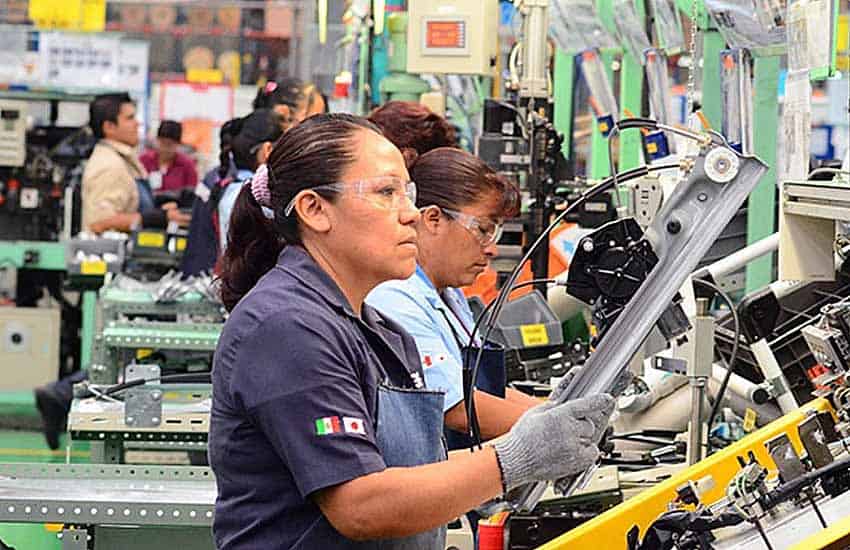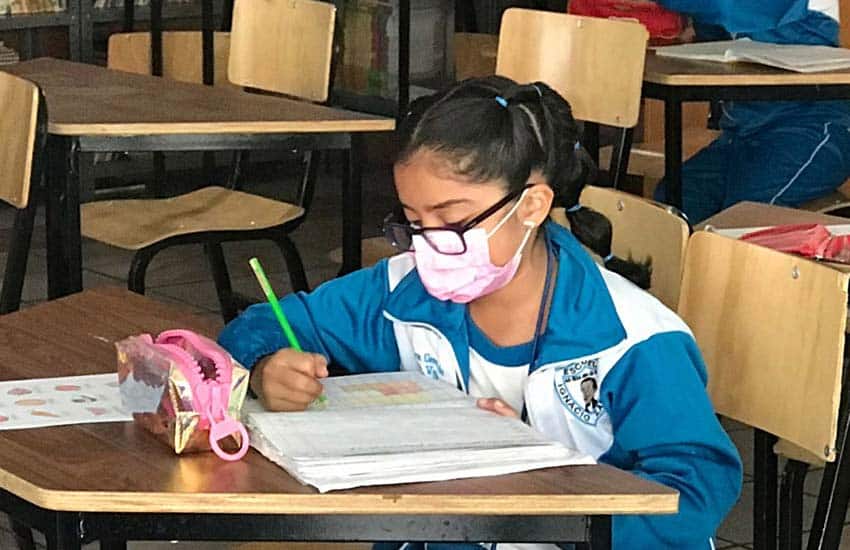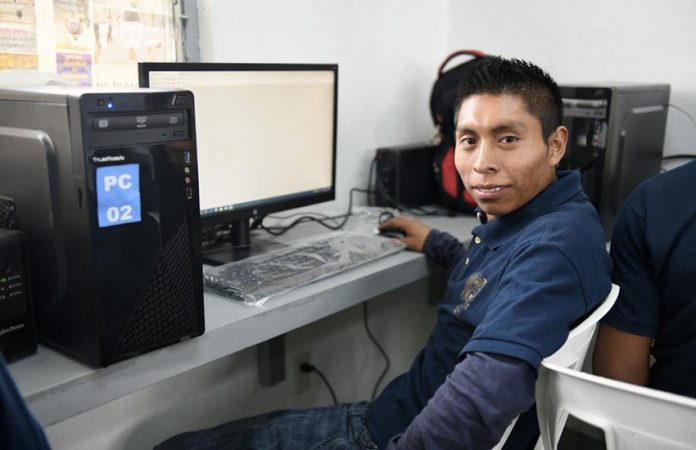Students in poor southern states such as Chiapas and Oaxaca are much less likely to go to university and finish a degree than students in more developed entities including Mexico City and Nuevo León, government data indicates.
Among students who began primary school in Chiapas and Oaxaca in the 2004–2005 academic year, just 12% graduated from university at the end of the 2020–2021 academic year, according to the Ministry of Public Education (SEP).
Data published in a SEP report shows that just 15% of students from another poor southern state – Guerrero – graduated from university 16 years after they began primary school. Three other states – Veracruz, San Luis Potosí and Guanajuato – had university graduation rates below 20%.
Mexico City is at the top of the table for “school-based education system efficiency,” with 46% of students who began school in the capital in 2004 going on to get a degree last year.

Nuevo León ranked second with a graduation rate of 41% followed by Querétaro, 40%; Aguascalientes, 39%; Yucatán, 36%; and Coahuila, 36%.
A total of 19 federal entities had graduation rates at or above the national average of 26%, while 13 states were below the average.
Juan Alfonso Mejía, Sinaloa education minister between 2018 and 2021, told the newspaper El Universal that low graduation rates in southern states will persist without more targeted assistance for students.
“The scholarships that this [federal] administration is providing are welcome and very necessary for millions of Mexican children, but they’re not enough to maintain the education efforts of those children nor are they sufficient to achieve successful careers for the children,” he said.

“No matter how much money you give them, if children don’t understand what they’re looking at in the classroom, they’ll become frustrated, and in the long term, that frustration will make students not want to continue at school,” Mejía said.
He said that students need sustained academic assistance to overcome disadvantages and lamented the government’s decision to terminate a program that extended school hours for students at more than 25,000 schools. The former state education minister called on the government to reestablish the Full-Time Schools Program or create a new similar scheme.
“Children have a learning deficit that has worsened due to the pandemic. If that learning isn’t reinforced there won’t be enough scholarships to reverse the [education] deficit there will be in the coming years. Recovering [students’ required level of] learning is urgent and targeted strategies are needed for that,” said Mejía, who is also an education researcher.
“Eliminating the Full-Time Schools Program was a monumental error because the evidence shows that children are better off spending more time at school,” he added.
Alma Maldonado, another education researcher, said that states in Mexico’s south and southeast have long lagged the rest of the country in terms of educational outcomes. It’s a “historic problem” that no government has solved, she said.
“It has to do with abandonment [by authorities], it has to do with economic, social and political issues and conflicts with teachers. In reality, it’s due to the lack of interest in reducing this educational inequality. Scholarships are provided but there’s no targeted work. … Specialized attention is needed for the indigenous and Afro-Mexican population, but no in-depth attention to the education issue has ever been carried out,” Maldonado said.
With reports from El Universal
